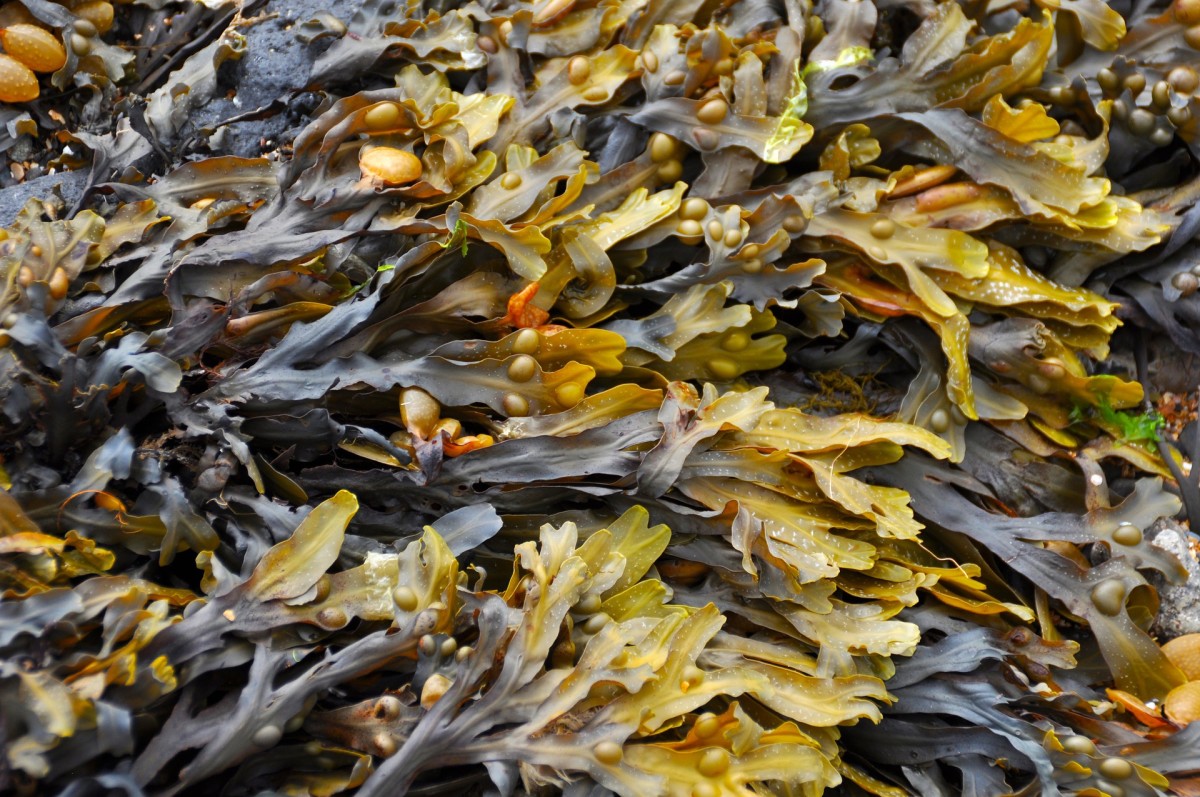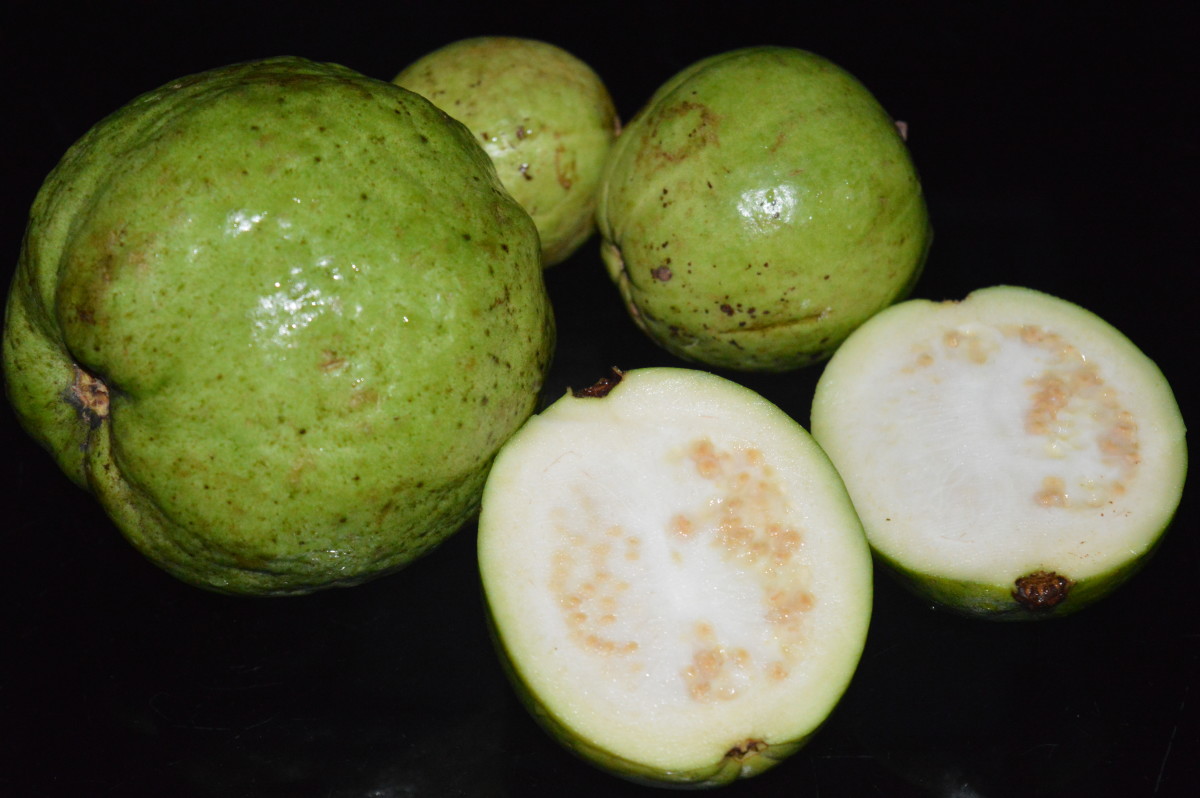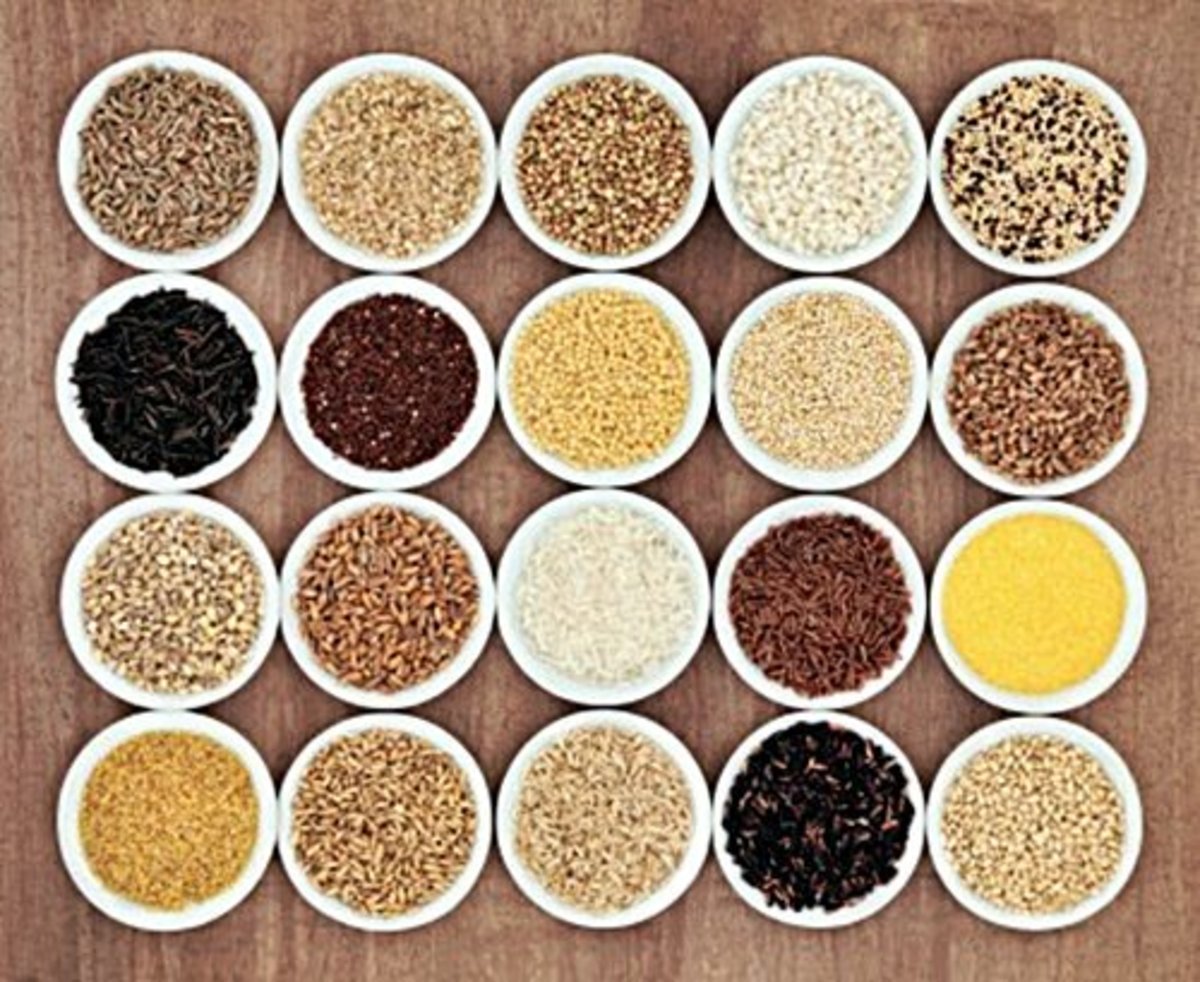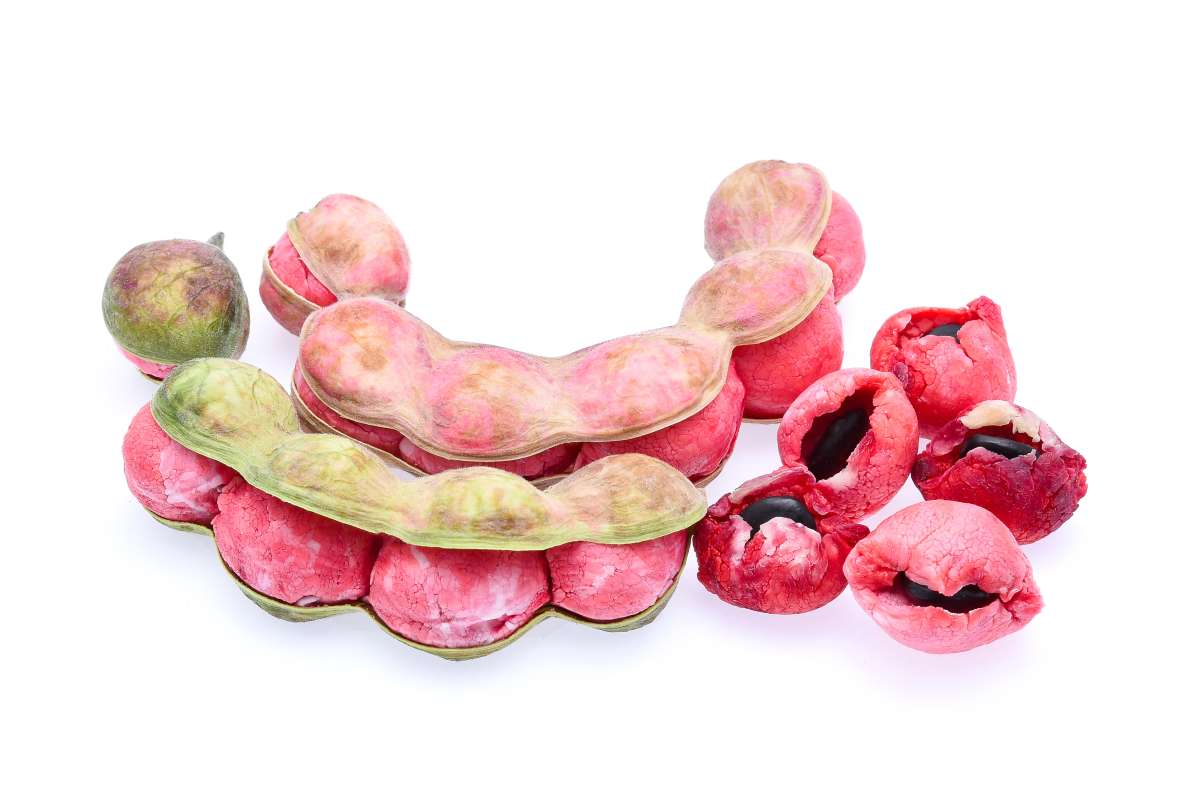Marine Minerals: The Incredible Health Benefits of Sea Vegetables
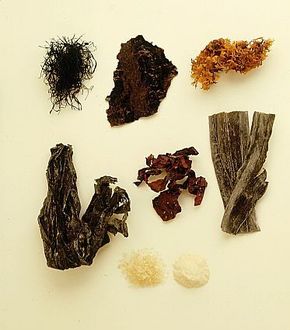
Want to make each bite of food go the extra mile in delivering much-needed mineral content? Then try eating sea vegetables! Sea vegetables, commonly referred to simply as seaweed, are rich in minerals, vitamins, and other wellness-boosters. Eating seaweed might not sound appetizing, but these vegetables are extremely healthy and can be quite delicious as well.
Marine Minerals
According to Gabriel Cousens' Conscious Eating, sea vegetables contain 10 to 20 times the amount of minerals and vegetables found in any other class of food, including land vegetables. Sea vegetables are particularly high in iodine. A 1/4 cup serving of kelp delivers a whopping 276.7% of the recommended daily value for iodine. Sea vegetables also deliver vitamin K, B-vitamin folate, magnesium, iron, and calcium in addition to B-vitamins riboflavin and pantothenic acid, protein, and soluble and insoluble dietary fibers.
The mineral content of sea vegetables is particularly unique in the form of delivery. Because the minerals within sea vegetables are collected in special colloidal forms, the bodies of humans and animals alike can access them more readily than minerals in other foods. The scientific term for this is that sea vegetables' minerals are highly bioavailable.
Resources & References
- World's Healthiest Foods: Sea Vegetables
Western cultures are only recently beginning to enjoy the taste and nutritional value of sea vegetables, often referred to as seaweed, that have been a staple of the Japanese diet for centuries. - Rising Tide Sea Vegetables: Health Benefits of Seaweed
Coastal peoples all over the world have prized seaweed as a source of valuable nutrients, primarily minerals, for millennia.
Health Benefits
The nutritional richness of sea vegetables translates into very real practical use. As Shep Erhat states in his Sea Vegetable Celebration, "very second of every day your body depends on minerals to generate billions of tiny electric impulses throughout your nervous system. Your heart would stop, your muscles would freeze, and your brain would black out if these minerals were not available in just the right amounts and the right form."
In addition minerals and vitamins, sea vegetables carry lignans. These plant compounds inhibit the growth of blood cells, the process of which causes cancerous tumors. Researchers believe that sea vegetables particularly prevent breast and colon cancers.
Traditional Asian medicine uses sea vegetables to treat heart disease, high blood pressure, and thyroid problems as well as cancer. The salt water greens can prevent some birth defects like spina bifida. Sea vegetables may reduce inflammation in the body, prevent migraines, help manage asthma, and relieve symptoms of menopause.
Where to Find Sea Vegetables
While sea vegetables are a regular part of eastern diets, the west has not caught on to this nutritional powerhouse yet. This can make tracking sea vegetables down rather tricky for the health-conscious consumer. Local health and natural food stores are a good bet. Look for either dried seaweed, such as the sheets used to roll sushi or flaked dessicated seaweed, or bags of pliable sea vegetables in refrigerated sections. Wet or dry, sea vegetables should come in tightly sealed packages that don't contain excessive amounts of moisture.
If local shops do not carry sea vegetables, the internet is a good option. Organic and natural web stores such as Eden Foods carry sea vegetables. The mineral benefits of seaweed is also available in capsule form, usually located with vitamins and health supplements in stores.
Explore More Recipes
- Sweet Wakame and Ginger Kale Salad
This is a delicious, simple salad thats perfect to try if youre just getting acclimated to sea vegetables. Wakame is soft and tender with a mild, sweet flavor. - Quick Nori Soup
Wild nori's distinctive taste can easily be lost in a complicated recipe. Here's a simple one that's, easy, delicious, and revitalizing. - Simple Apple Kanten
Make an easy gelatin dessert in only 5 minutes of cook time. - Sea Vegetable Caesar Salad
A unique dish from The Splendid Table's Recipe Box, adapted from Vegetables from the Sea: Everyday Cooking with Sea Greens by Jill Gusman and Adrienne Ingrum.
Recipe: Easy Sea Veggie Salad
- 1/2 tsp garlic powder
- 1/4 tsp ginger spice
- 2 T avocado, mashed
- soy sauce to taste
- apple cider vinegar to taste
- 1 apple, finely diced
- 3 oz. sea vegetable mix (wet)
- 1/2 cup kelp noodles
- 1/2 cup green cabbage, thinly sliced
Remove the sea vegetables and kelp noodles from their respective bags. Rinse them thoroughly with cool tap water to remove excess salt. Soak the sea vegetables in water for 2-3 minutes, then rinse and drain. Remove the vegetables and kelp noodles to a medium/large dish.
In a small bowl, combine the first 5 ingredients and mix thoroughly. Pour over the rinsed sea vegetables and kelp noodles in the large bowl. Add the apple and cabbage and toss until the avocado dressing is well distributed.
Incorporate other greens such as spinach, sprouts, and more as desired. Makes 1 large salad or 2 small side salads.
All writing copyright of Beth Morey, 2010. Reproduction/reprinting is prohibited, although linking to this hub as an information source is permitted.

